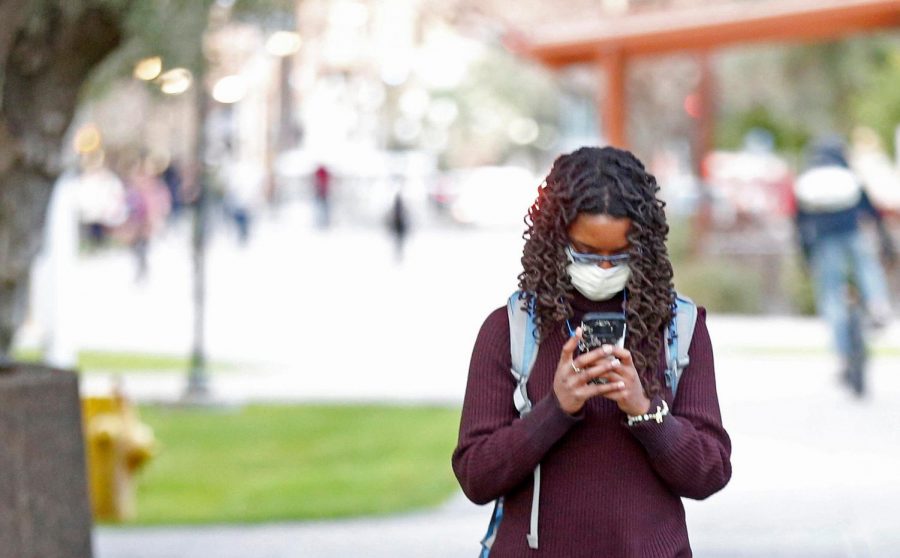Should colleges suspend study abroad in certain countries due to the coronavirus?
February 25, 2020
What’s studying abroad? Studying abroad is the temporary transfer of students to foreign institutions to learn more in their fields of study. The program allows a student to spend a semester in a different part of the world, but some programs run for multiple semesters or up to a year. Colleges all over the world are taking precautions and they’re suspending studying abroad in China due to the Coronavirus outbreak. Coronaviruses are extremely common cause of colds and other dangerous respiratory infections. This new virus includes the common cold as well serious illnesses such as SARS and MERS. More than 10 colleges and universities in New England have suspended their spring study abroad programs in China. So far, Umass Amherst has suspended studying abroad programs in Beijing and Shanghai. Other universities in Massachusetts are debating how to proceed with study abroad programs in China or postponing the programs until further notice. The University of Rhode Island suspended it’s three study abroad programs in China, and arranged to bring home students that are there while some other colleges are taking the same precautions to bring back the students safe and sound. None of the students have had any symptoms of the virus, and they lived in relatively low-risk areas in China.
From these cases around the world we can see that this virus is deadly and we must take serious measures to keep our health in tact. We can start off by washing your hands with soap to keep out all the bad bacteria and germs. If you don’t always wash your hands that’s a reason why you can get sick and catch the flu. Also, always carry with you hand sanitizer to keep your hands clean at all times. Face masks can also help stop the spread of the deadly virus, but proper use is necessary for maximum effectiveness. Maintaining good hygiene practices and limiting travel to affected areas will maximize your health and safety, possibly saving your life.




